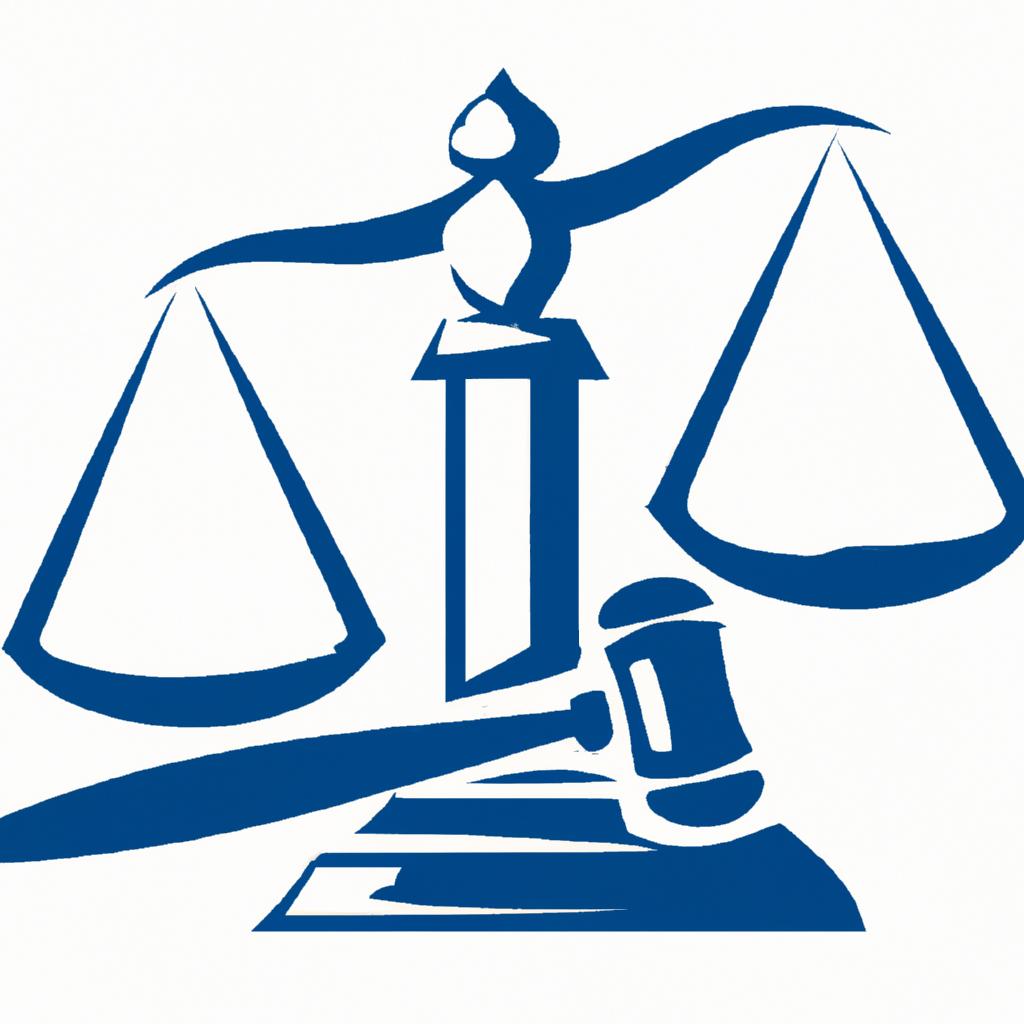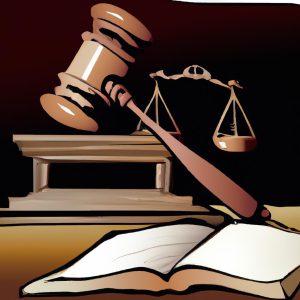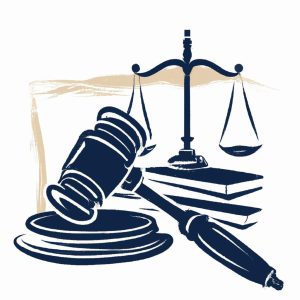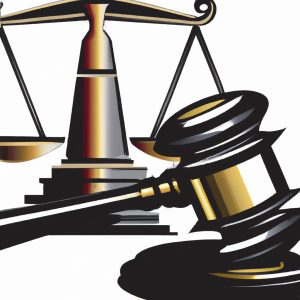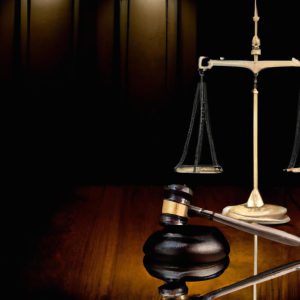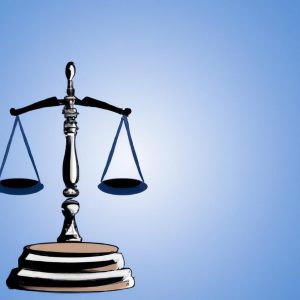As seasoned practitioners in the realm of estate planning and probate, we often encounter individuals faced with the daunting task of navigating the responsibilities of an executor of an estate. In the intricate landscape of legal matters surrounding the transfer of assets and distribution of property, the executor plays a pivotal role in ensuring the wishes of the deceased are carried out with diligence and precision. In this article, we will delve into the essential characteristics and duties of an executor, shedding light on the crucial role they play in the administration of an estate. Join us as we unravel the complexities of this vital position and provide clarity on who exactly is an executor of an estate.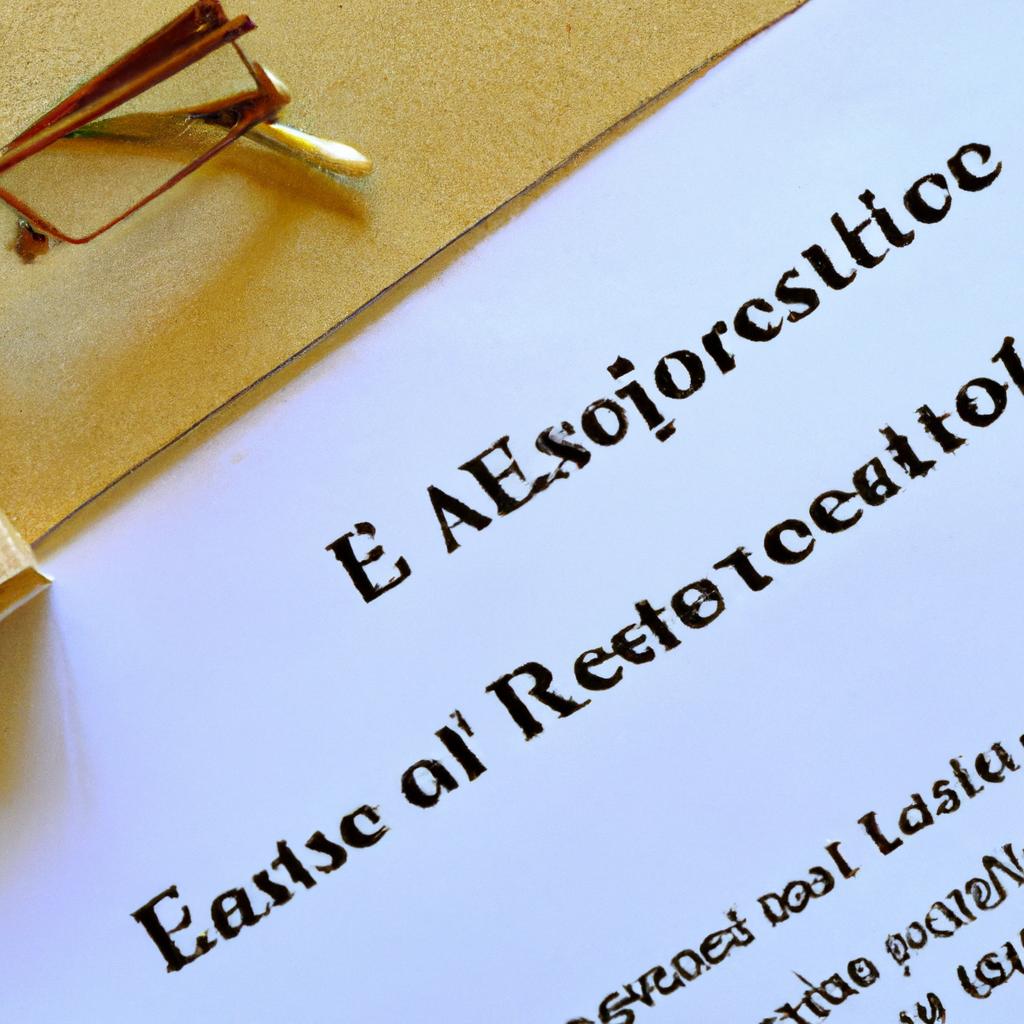
Executor of an estate: Understanding the role and responsibilities
An executor of an estate is a crucial role in the administration of a deceased person’s affairs. This individual is appointed to carry out the wishes outlined in the deceased person’s will, ensuring that their assets are distributed according to their wishes. The executor must adhere to the legal requirements of the state in which the estate is being probated, and must act in the best interests of the beneficiaries.
The responsibilities of an executor can be extensive and complex, requiring a thorough understanding of the legal process. Some of the key duties of an executor include: 1. Identifying and safeguarding the deceased person’s assets. 2. Paying off any debts and taxes owed by the estate. 3. Distributing the remaining assets to the beneficiaries in accordance with the will. Executors must also keep detailed records of their actions and decisions, and may be required to appear in court to account for their handling of the estate.
Key qualifications and attributes of a competent executor
Experience: A competent executor should have a solid understanding of estate planning laws and regulations. They should be well-versed in the probate process and have experience handling complex financial matters.
Communication Skills: Effective communication is essential for an executor to successfully navigate the estate settlement process. They must be able to clearly communicate with beneficiaries, creditors, attorneys, and financial institutions involved in the estate.
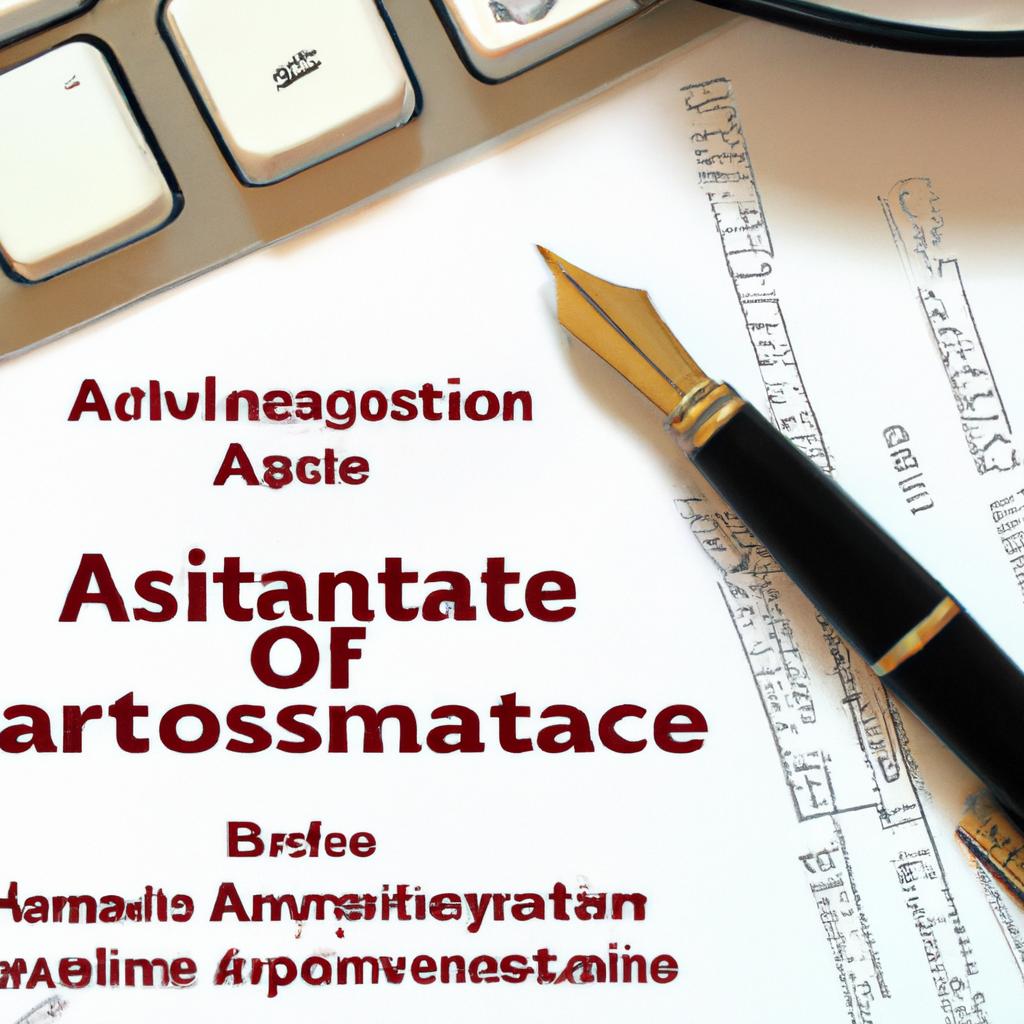
Navigating the complexities of estate administration
When it comes to estate administration, the executor plays a crucial role in ensuring that the deceased’s wishes are carried out smoothly and efficiently. But who exactly is an executor of an estate? An executor, also known as a personal representative, is an individual appointed by the deceased in their will to oversee the distribution of assets and settlement of debts. It is a position of great responsibility and requires careful attention to detail and adherence to legal requirements.
<p>Furthermore, the executor is tasked with a range of duties, including:</p>
<ul>
<li><strong>Managing assets:</strong> This involves gathering, valuing, and safeguarding the deceased's assets until they can be distributed to the beneficiaries.</li>
<li><strong>Paying debts:</strong> The executor is responsible for settling any outstanding debts and taxes owed by the estate.</li>
<li><strong>Distributing assets:</strong> Once debts have been paid, the executor must distribute the remaining assets according to the deceased's wishes as outlined in the will.</li>
</ul>
Ensuring successful estate distribution: Tips for executors
The executor of an estate is a crucial role in the probate process, responsible for carrying out the deceased person’s wishes as outlined in their Will. It is imperative that the executor understands their duties and responsibilities to ensure a successful distribution of the estate. Here are some key points to consider:
- Legal Authority: The executor is appointed by the deceased in their Will and has the legal authority to manage the estate.
- Asset Inventory: One of the first steps for the executor is to create an inventory of all the deceased’s assets and liabilities.
- Debts and Taxes: The executor must pay off any outstanding debts and taxes owed by the deceased before distributing assets to beneficiaries.
- Beneficiary Communication: Keeping beneficiaries informed throughout the process is important for transparency and trust.
| Executor Responsibilities: | Key Considerations: |
|---|---|
| Gather and Inventory Assets | Take detailed inventory to ensure all assets are accounted for. |
| Paying Debts and Taxes | Prioritize settling debts and tax obligations to avoid legal issues. |
| Distribute Assets | Follow the deceased’s instructions in the Will for fair distribution. |
By understanding the role of an executor and following these tips, the estate distribution process can be smooth and successful, providing peace of mind to both the deceased and their beneficiaries.
Q&A
Q: Who is an executor of an estate?
A: An executor of an estate is an individual appointed to oversee the distribution of a deceased person’s assets and ensure that the terms of their will are carried out.
Q: What are the responsibilities of an executor?
A: The responsibilities of an executor include locating and valuing assets, paying debts and taxes, distributing assets to beneficiaries, and handling any legal proceedings related to the estate.
Q: How is an executor chosen?
A: An executor is typically named in the deceased person’s will. If no executor is named or if the named executor is unable to fulfill their duties, the court may appoint an executor.
Q: Can an executor be removed or replaced?
A: Yes, an executor can be removed or replaced if they are found to be unfit or unwilling to carry out their duties. This typically requires petitioning the court for their removal.
Q: Can an executor be compensated?
A: Yes, an executor is entitled to receive compensation for their time and effort in administering the estate. The amount of compensation is usually specified in the will or determined by state law.
To Conclude
In conclusion, the role of an executor of an estate is a crucial one that requires careful consideration and attention to detail. Whether you find yourself named as an executor or are thinking about appointing someone to fulfill this role, it is important to understand the responsibilities and duties involved. By being prepared and informed, you can help ensure a smooth and efficient administration of the estate. Thank you for exploring this important topic with us.
 *
*
Who is an Executor of an Estate: Roles, Responsibilities, and Everything You Need to Know
When a person passes away, they often leave behind assets, property, and belongings that form their estate. It’s the executor’s role to manage and distribute those assets according to the deceased’s wishes. The executor of an estate plays a crucial role in ensuring that the deceased’s final wishes are carried out and their estate is settled properly. But who exactly is an executor of an estate? Let’s dive deeper into the roles, responsibilities, and everything you need to know about this important position.
Who Can Be an Executor of an Estate?
An executor of an estate can be any person, such as a family member, friend, or even a professional, who is named in the will as the responsible party for managing and distributing the deceased’s assets. Sometimes, the will includes a backup executor in case the primary executor is unable or unwilling to fulfill their duties. In some cases, the court may appoint an executor, especially if there is no will or named executor.
What Are the Roles and Responsibilities of an Executor?
Being named as an executor of an estate is not just a title but carries with it significant roles and responsibilities. As an executor, the following are some of the tasks you will be responsible for:
1. Obtaining the Will
Your first task as an executor is to obtain the original will. Many people keep their wills in safe deposit boxes, attorney’s offices, or with a trusted family member. If you are unable to find the original will, you can request a copy from the state’s probate court.
2. Understanding the Will
Once you have the will in your possession, you should read and understand its contents. The will outlines the deceased’s wishes, including how they want their assets to be distributed. Make sure to familiarize yourself with all the details to ensure that the will is executed as per the deceased’s wishes.
3. Probate Process
The executor is responsible for initiating the probate process, which is the legal process of settling the estate. This involves submitting the will to the probate court for validation and obtaining the necessary legal documents to carry out the terms of the will.
4. Inventory and Appraisal of Assets
The executor must create a complete inventory of the deceased’s assets and their values. This may include properties, investments, bank accounts, and personal possessions. An appraisal may be required for certain assets to determine their current market value.
5. Paying Debts and Taxes
The executor must also identify and pay any outstanding debts owed by the deceased, including funeral expenses, mortgages, and outstanding taxes. They must also file the deceased’s final tax returns and pay any outstanding taxes from the estate’s assets.
6. Distributing Assets
Once all debts and taxes have been paid, the executor is responsible for distributing the remaining assets to the named beneficiaries according to the terms of the will. This may involve selling assets and dividing the proceeds among beneficiaries.
7. Miscellaneous Duties
In addition to the above tasks, the executor may also have to perform other miscellaneous duties, such as canceling credit cards, notifying government agencies and financial institutions of the death, and managing any ongoing businesses or properties.
Benefits and Practical Tips for Executors
Being named as an executor of an estate can be overwhelming, especially if you have no prior experience. However, it can also be a rewarding experience, as you are entrusted with the responsibility of carrying out someone’s final wishes. Here are some benefits and practical tips for those taking on this role:
1. Seek Professional Help
Managing and distributing an estate can be complex and time-consuming, especially if it involves multiple assets and beneficiaries. Seeking the help of a professional, such as an estate planning attorney, can make the process smoother and reduce the risk of errors.
2. Keep an Accurate Record
It’s essential to keep a detailed record of all the estate’s assets, debts, and expenses, along with any communication and decisions made. This will help to avoid any potential disputes among beneficiaries in the future.
3. Communicate with Beneficiaries
As an executor, it’s essential to keep beneficiaries informed throughout the process. This includes providing regular updates, answering their questions, and addressing any concerns they may have.
4. Seek the Support of Family and Friends
Managing an estate can be emotionally challenging, especially if the deceased was a close family member or friend. It’s crucial to seek the support of loved ones and surround yourself with a strong support system during this time.
In Conclusion
Being named as an executor of an estate is a significant responsibility that requires careful attention to detail and a deep understanding of the deceased’s wishes. By understanding the roles, responsibilities, and practical tips outlined in this article, you can confidently carry out your duties as an executor and ensure the deceased’s final wishes are fulfilled. Remember, seeking professional help and communicating with beneficiaries are crucial steps in making the process smoother and avoiding any potential conflicts.

